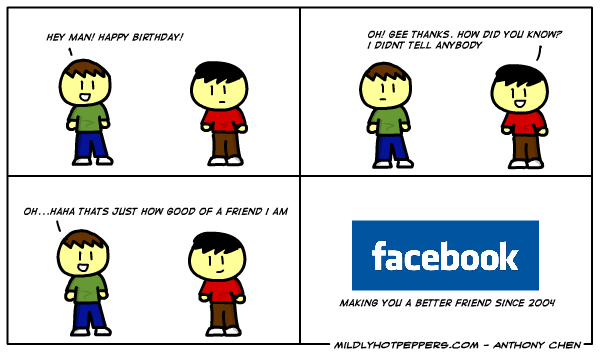

Saturday, 28 March 2015
Multimedia
Multimedia is indeed a very powerful tool as it can spread the word and build brand awareness for any company in a unique and fast way.

- able to use virtual environments to train in everything- from surgical procedures to diagnosing a patient
Surgery

How to use multimedia for marketing?
Credits; Lauren Folino, Michelle V. Rafter
1) Hosting Videos and Webcasting
- great for establishing a social media presence
- effective promotional tools
- Free to upload (youtube)
Webcasting refers to broadcasting a video or media file over the Internet using streaming media technology which can be distributed to many viewers at once. (similar to video podcasts)
Why should you go through the trouble of creating a video just for your business?
- able to show how to use your product
- able to extend client base
- able to entertain customers
- able to provide a unique service
2) Mobile Marketing
With the prevalence of smartphones, the idea of browsing Web from a mobile phone has become common.
- advertise on mobile phones by displaying advertisements on a Web page.
- work with mobile ad networks and bring together advertisers and websites tat are frequently viewed by phone.

Virtual Reality
It is defined as it being a computer generated simulation of a three-dimensional image or environment that can be interacted within a seemingly real or physical way by a person using a special electronic equipment.
Virtual reality in Medicine
- able to use virtual environments to train in everything- from surgical procedures to diagnosing a patient
Surgery
- able to perform surgery remotely by using robotic devices
- first robotic surgery was performed in 1998 at a hospital in Paris
Challenge for performing robotic surgery: Systems need to provide finely tuned sensory feedback to the surgeon.
Psychological Therapy
- use of virtual environments in treating people with phobias and other psychological conditions.
- exposure therapy: patient is exposed under controlled conditions to the stimuli that causes distress.
Advantages: More convenient and patients are willing to try because they know it isn't the real world.






- first robotic surgery was performed in 1998 at a hospital in Paris
Challenge for performing robotic surgery: Systems need to provide finely tuned sensory feedback to the surgeon.
Psychological Therapy
- use of virtual environments in treating people with phobias and other psychological conditions.
- exposure therapy: patient is exposed under controlled conditions to the stimuli that causes distress.
Advantages: More convenient and patients are willing to try because they know it isn't the real world.
Augmented Reality
It is defined as a technology that superimposes a computer-generated on a user's view of the real world, thus providing a composite view.

Popular Augmented Reality Apps
1) AcrossAir (IOS)

It is a 3D navigator to help reach the desired location easily.
How it works: Hold smartphone upright and look around with your camera to view restaurants, hotls, landmarks, cinemas and other buildings.
- able to show your own position by switching to Google Maps.
2) Wikitude World Browser (Android, IOS, Windows, Blackberry)

It is a smartphone encyclopedia.
How it works: use camera to browse surroundings and get information on landmarks. restaurants and other places.
3) SpotCrime (IOS)

It shows and keeps track of all the crimes near you or anywhere on the streets of your map. With GPS, it tells you whether you are taking a safe route or not.
How it works: Point your camera towards a street. It will show you criminal records with different colored icons for different types.
4) Lookator (Android)

How it works: Use your smartphone to look through wifi hotspots in front of you with their relative strengths and directions. The directions may or may not take you to the hotspot areas, but Lookator certainly helps you look for a better signal.
5) TagWhat (Android, IOS)

It helps find details of new places or landmarks which you intend to explore and get details about.
How it works: Launch Tagwhat app with the camera and GPS. It pulls out details from the web and social networks about any landmark you encounter.
Conclusion
Multimedia indeed has advanced over the years as we can see not only many companies. but even individuals relying on them heavily. With such advancement in technology, it is amazing how multimedia platforms like virtual reality and augmented reality can help anyone easily. From surgeons to tourists, there is something useful and beneficial for anyone. In my opinion, it is just a matter of time where everyone will become over reliant on such multimedia platforms.